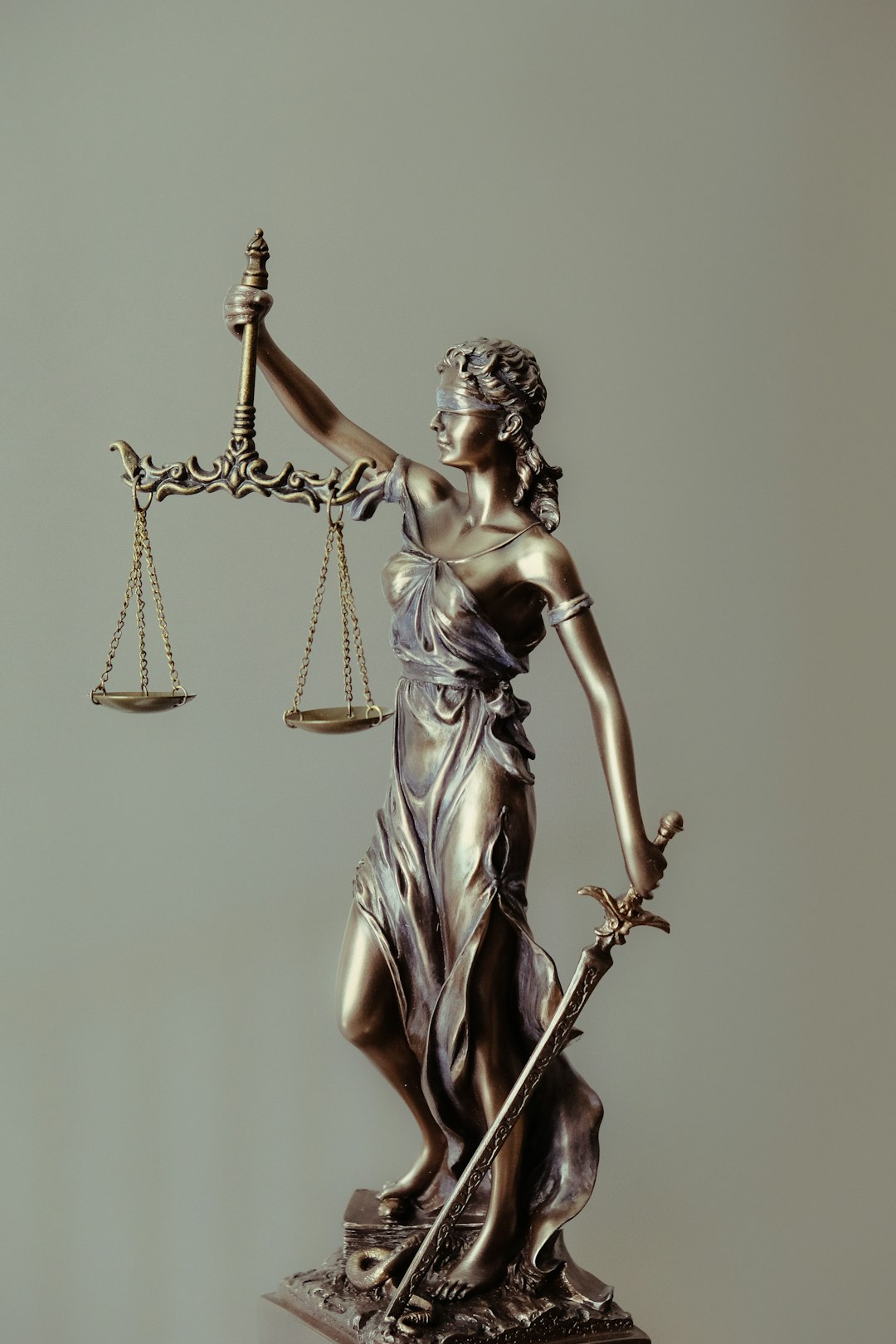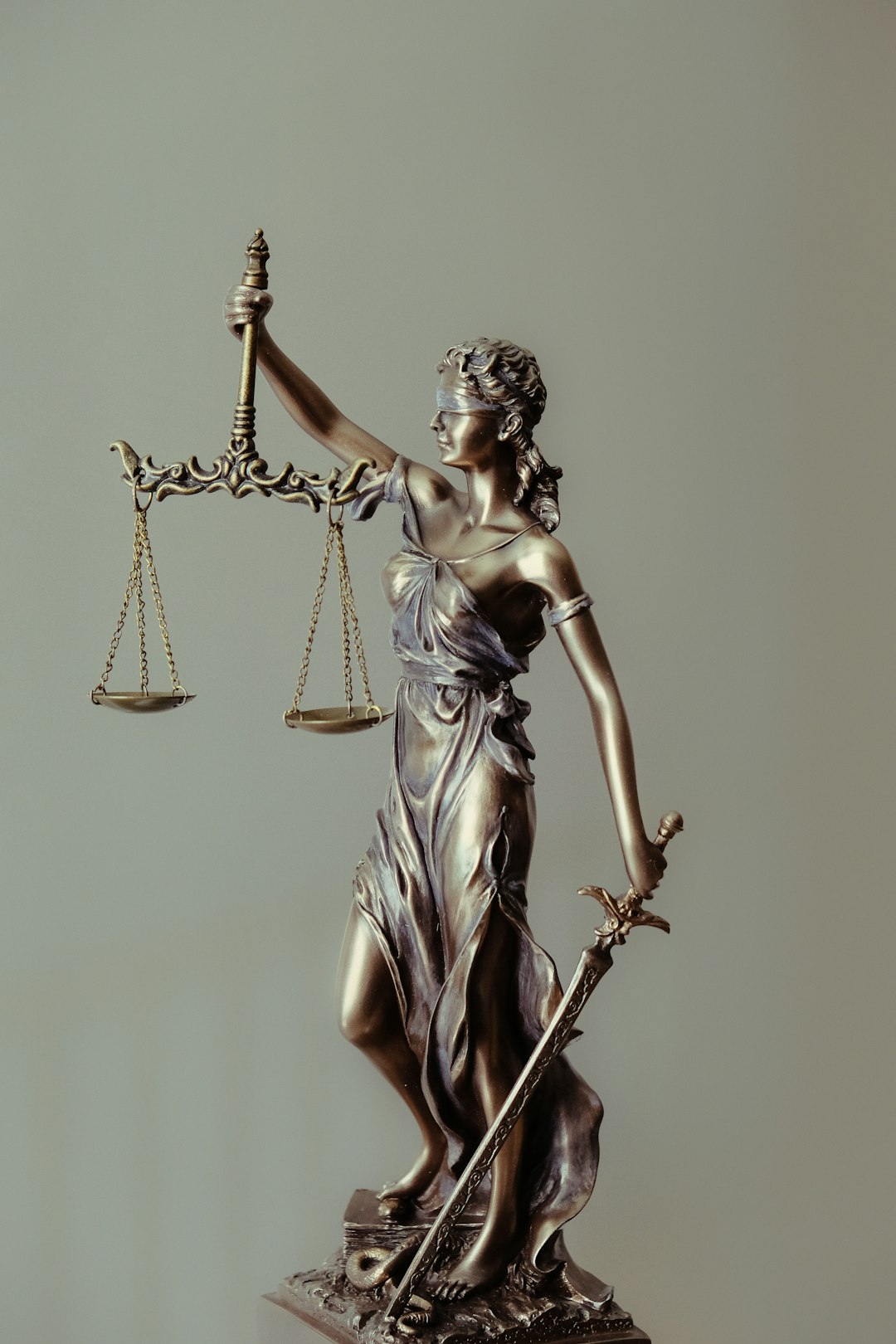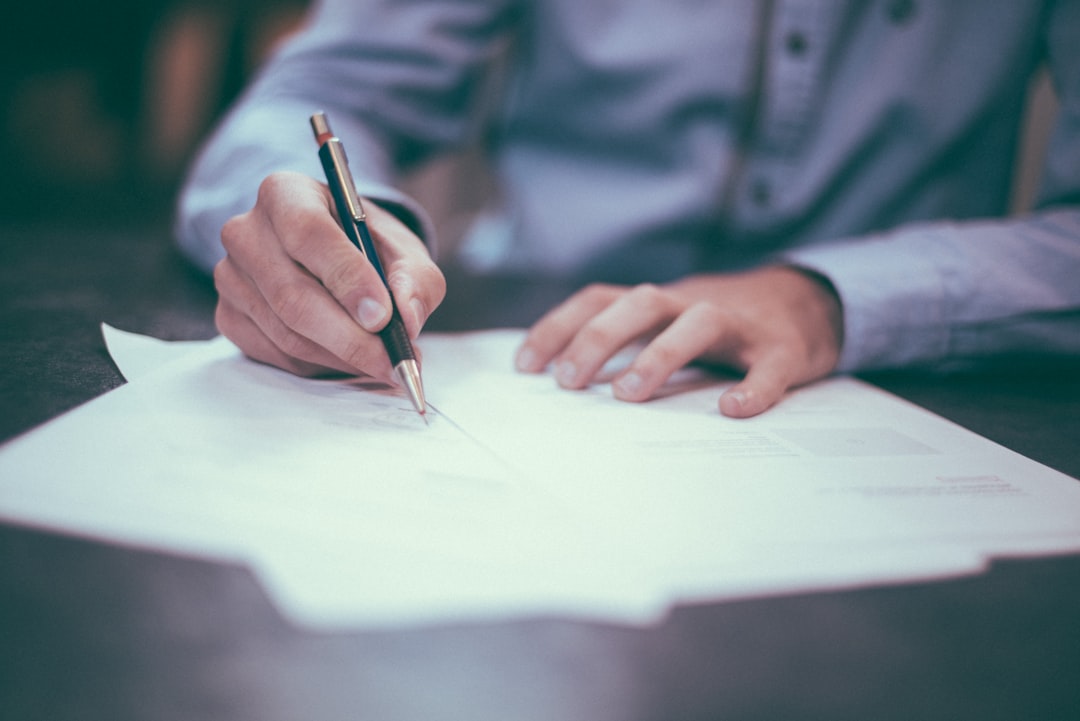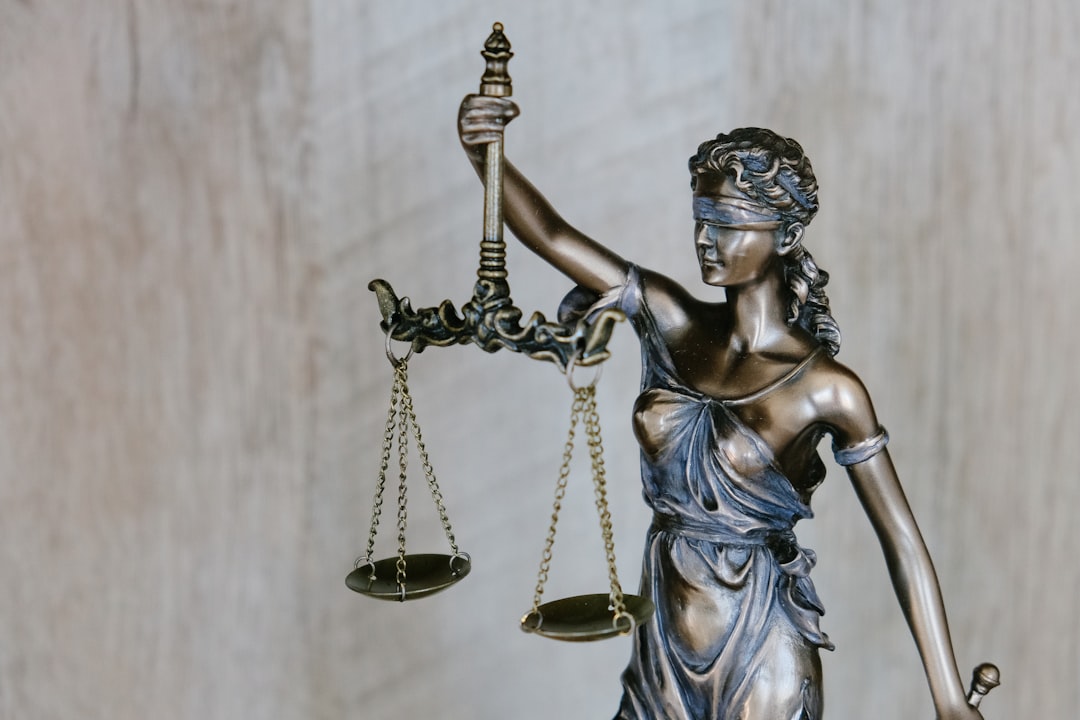In Connecticut, where child protection laws are stringent, the role of a dedicated school sexual abuse lawyer is vital for survivors seeking justice. This article explores navigating legal paths for victims, delving into Connecticut’s laws on child protection and the critical support lawyers provide. We discuss strategies to hold schools accountable, ensuring safety and justice for all students. If you or someone you know needs help, understanding your rights as a sexual abuse survivor in a school setting is crucial.
Navigating Legal Paths for School Sexual Abuse Survivors

Navigating legal paths for school sexual abuse survivors in Connecticut can be complex and daunting, but with the right expertise, it becomes a beacon of hope. A skilled Connecticut lawyer specializing in school sexual abuse cases understands the unique challenges faced by survivors. They guide clients through various legal avenues, including filing civil lawsuits against responsible parties, such as schools, administrators, or teachers, to seek justice and compensation for the trauma endured.
These attorneys also help survivors understand their rights under Connecticut’s laws, which protect victims of sexual abuse, especially in educational institutions. By thoroughly reviewing school policies, investigating incidents, and gathering evidence, they build strong cases that hold perpetrators accountable. This process is crucial in not only securing justice but also in fostering a safer environment for current and future students.
Understanding Connecticut Laws on Child Protection

In Connecticut, child protection laws are in place to ensure the safety and well-being of minors, especially regarding sexual abuse within educational institutions. These laws hold schools accountable for creating a secure environment, implementing robust prevention programs, and promptly reporting any suspected or witnessed instances of child sexual abuse. A school sexual abuse lawyer Connecticut residents trust can help survivors navigate these legal frameworks, ensuring their rights are protected and perpetrators face justice.
Understanding the applicable laws is crucial for both victims seeking redress and legal professionals advocating on their behalf. Connecticut’s statutes provide a comprehensive guide to identifying and addressing child sexual abuse, including policies that schools must adopt, staff training requirements, and protocols for handling reports and investigations. Knowledge of these laws empowers survivors to take action against abusers and hold educational institutions responsible for their failure to protect students.
The Role of Lawyers in Supporting Victims' Justice

A Connecticut lawyer specializing in school sexual abuse cases plays a pivotal role in advocating for justice and healing for survivors. These legal professionals are crucial in ensuring that victims’ voices are heard and their rights protected within the education system. By delving into complex legal matters, they navigate the intricate processes of filing lawsuits against institutions responsible for the abuse, often exposing systemic failures and holding perpetrators accountable.
Lawyers provide essential support to survivors by offering guidance through the legal system, explaining their options, and assisting in the pursuit of compensation and justice. They empower victims to take control of their narratives, ensuring that the truth comes to light. Through their expertise, they can help survivors find closure, access therapy, and receive the support needed to rebuild their lives, fostering a sense of validation and empowerment in the face of past trauma.
Strategies to Hold Schools Accountable for Safety

When it comes to holding schools accountable for the safety of their students, a Connecticut school sexual abuse lawyer plays a pivotal role in advocating for survivors and ensuring justice is served. These legal professionals employ strategic approaches to tackle the complex issue of institutional liability in cases of sexual misconduct within educational institutions.
One key strategy involves thorough investigation and documentation of the incident(s), including gathering evidence, interviewing witnesses, and uncovering any patterns or failures in the school’s response. This process helps establish a strong case against the responsible parties, whether it’s individual employees or the institution as a whole. Additionally, these lawyers often collaborate with survivors to provide expert testimony, ensuring their voices are heard and their experiences are accurately represented in legal proceedings.






